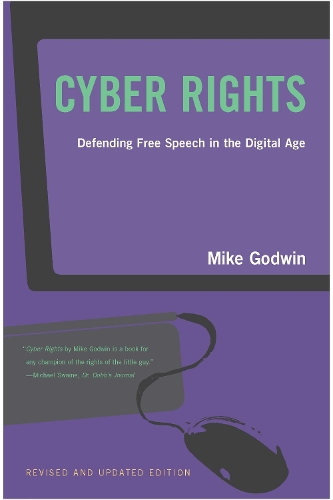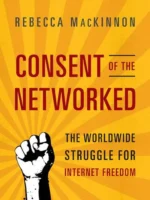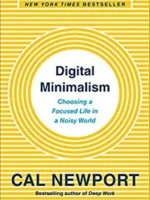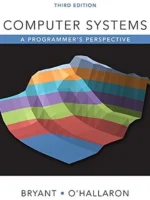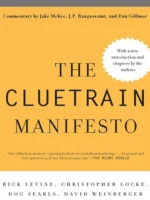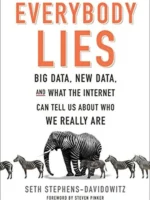Cyber Rights: Defending Free Speech in the Digital Age Review
Cyber Rights by Mike Godwin is a ground-level history of online free speech battles: how early internet communities, lawyers, and activists fought cases that defined speech, anonymity, and liability on the web. It reads like a casebook with a narrative spine—law, culture, and technology moving together.
Overview
Topics include the First Amendment online; community standards across jurisdictions; obscenity and indecency fights; intermediary liability (ISPs, platforms); encryption and privacy debates; and the emerging doctrine around user-generated content.
Summary
Godwin walks through landmark disputes and policy moments, showing how norms and precedents formed: when platforms are speakers vs conduits, how moderation collides with rights, and why context and architecture (forums, newsgroups, early web) shape what “speech” means in practice. He balances civil liberties arguments with the realities of harm, outlining how rules can protect users without strangling expression.
Authors
Mike Godwin—an early EFF counsel—writes as a practitioner-storyteller, translating legal detail into clear, memorable episodes from the 1990s internet.
Key Themes
Architecture is policy; intermediaries set the speech environment; anonymity protects the vulnerable but complicates accountability; good rules require due process, transparency, and appeal paths.
Strengths and Weaknesses
Strengths: first-hand perspective, lucid legal explanations, and a durable framework for thinking about platform governance. Weaknesses: pre-social-media era tooling and examples; pair with newer sources for today’s algorithmic and global-scale issues.
Target Audience
Policy makers, platform trust & safety teams, journalists, civil-liberties advocates, and technologists who need the historical/legal context behind modern moderation and speech debates.
Favorite Ideas
Intermediary liability as the keystone; transparency and due process as legitimacy tools; architecture choices (defaults, friction) as speech regulators.
Takeaways
Protecting online speech is not laissez-faire: it requires clear rules, proportional enforcement, and design choices that minimize harm while preserving expression. Use due process and transparency to keep power accountable—whether in courts or in code.

